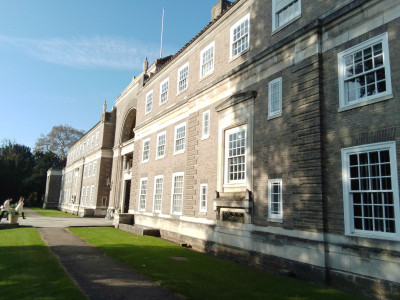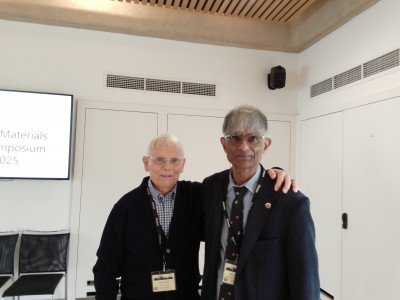News
'Unconstrained learning comes from books' argues Prof Harry Bhadeshia
24 April 2025


A talk given by Harry Bhadeshia at the 14th International Materials Education Symposium argued that "creativity comes from deep understanding, which also is needed to deliver education in a palatable form to unpolluted and probing minds."
Prof Bhadeshia explored how universities disseminate and create knowledge, and the ways in which books help.
"A course requires focus, so a hard copy is useful, more so than an ethereal version. A disadvantage of a tangible book is the inevitable and frequent changes in syllabus, style and emphasis (think that the unit cell in crystallography is set in stone?). Conventional books have editions to cope with this, but these are infrequent. I will demonstrate new techniques which mean that books can be modified, supplemented, corrected at will, with changes implemented literally overnight and available in print. There are features that make them essential to own, at little cost.
There is an explosion of knowledge that cannot and should not be included in under- graduate books, but in more substantial versions for curious minds. I explain why such books should exist in the context of undergraduate education and the poor quality of science journalism."
Held at Clare College, Cambridge from the 9th to 11th April, the International Materials Education Symposium explored innovative, sustainable and inclusive materials education.
| Contact: | H K D H Bhadeshia |
| Email: | h.bhadeshia@qmul.ac.uk |
| Website: | |
| People: | Harry BHADESHIA |




